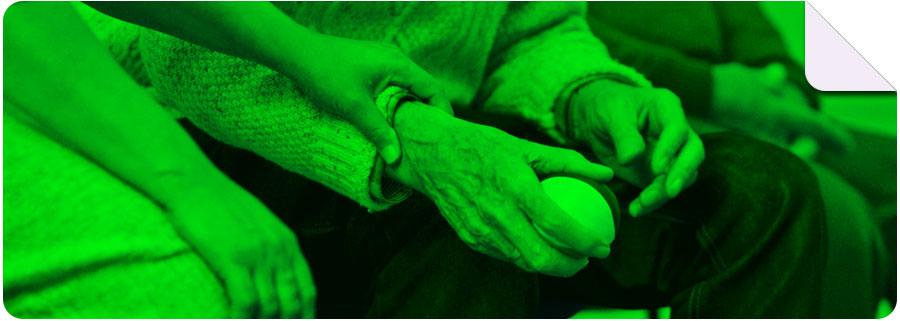
It is a clinical syndrome characterized by hyperglycemia (high blood sugar) caused by a reduction or inaction of insulin. Insulin is the hormone in our body that is produced by a gland called pancreas. The main role of insulin is to reduce blood sugar levels by helping blood glucose to enter into the cells of the body. When the level of insulin reduces in the body, this blood sugar is not able to enter the cells which not only increases blood sugar level but causes many other problems in the body
The reason why diabetes is feared is that it can affect all organs of the body including our vital organs. It causes vascular complications leading to changes in kidney function, heart function, neural function, and eyesight. These complications if remain unchecked can even lead to death.
What are the types of diabetes?
Type 1: Due to autoimmune destruction of the pancreatic cells, insulin is not produced or is produced in small quantities.Environmental plays an important role.
Type 2: Has a strong genetic component. The main feature is insulin resistance, insulin is being produced in the body but the cells are resistant to it.It is commonly associated with obesity, overeating, and under activity.
*the global pandemic is more for type2 diabetes
How is diabetes detected in undiagnosed patients?
Type 1 & 2 diabetes behave in different manners and also present in different manners.
Usually, in Type 1 diabetes, the patient will have complaints of frequent micturition ( passing of urine), will feel thirsty and dehydrated more than often and will have weight loss.
Type 2 diabetics are usually detected after a considerable amount of time.They mostly have symptoms of fatigue, tiredness, and malaise( feeling of not being well).
The usual signs and symptoms are:
- excess thirst
- excess urination
- excess hunger with loss of weight
- Frequent infections
- Non-healing Wounds
- Unexplained lassitude
- Fatigue
Once they come to a doctor, the signs of diabetes lie usually in the hands, feet, and eyes of the patient and blood biochemistry.
What are the tests done to detect diabetes?
Urine tests: to check urine glucose, ketone bodies and proteins
Blood tests: Blood glucose (fasting and post-prandial), glycated hemoglobin
Normal values:
- FBS: 72-126mg/dl
- RBS:<200 mg/dl
- PPBS: <140mg/dl
What are the effects of having diabetes on the body?
There are a lot of harmful effects of high sugar levels and low insulin levels in the body.
- It affects the carbohydrate, fat and protein metabolism of the body, causing breakdown of fats and proteins for energy production
- Often associated with high blood pressure, dyslipidemia(high blood lipids)
- It causes harmful effects on the small blood vessels of the body leading to retinopathy which may lead to blindness
- The small vessel changes may cause nephropathy or renal damage ultimately leading to kidney failure
- It can lead to peripheral neuropathy which causes sensory loss, pain
- It causes gastric complications, gastric motility problems
- Foot diseases like ulcerations, nodules
- Large blood vessel damage causes cardiac complications like heart attack, it can cause complications in the brain like stroke and can cause complications in the limbs like lack of blood supply, necrosis etc.
